There were two stories in The Courier in recent days that caught my attention.
The first was an anti-racism protest which took place in Dundee city centre.
It was organised so attendees could peacefully condemn the far-right violence we have seen elsewhere in the UK in recent weeks.
One protester said of the event: “Dundee is a welcoming city to people from all backgrounds and ethnicities. We don’t want trouble and the far-right trouble makers are not welcome here.”
The second story that caught my eye showed some fantastic photographs from the Dundee Kiltwalk, which took place on Sunday.
Sunshine, a sea of tartan and hundreds of charity fundraisers in novelty headgear. Truly, what could be better?
In 2023, fundraisers from Dundee helped contribute to the record-breaking £5.1m that walks across Scotland raised for over 1,500 charities.
These are good news stories. We need them more than ever.
The photographs of thousands of people utilising public spaces for peaceful protest and charity fundraising are in such stark contrast to the crowds which gathered across some parts of England last weekend.
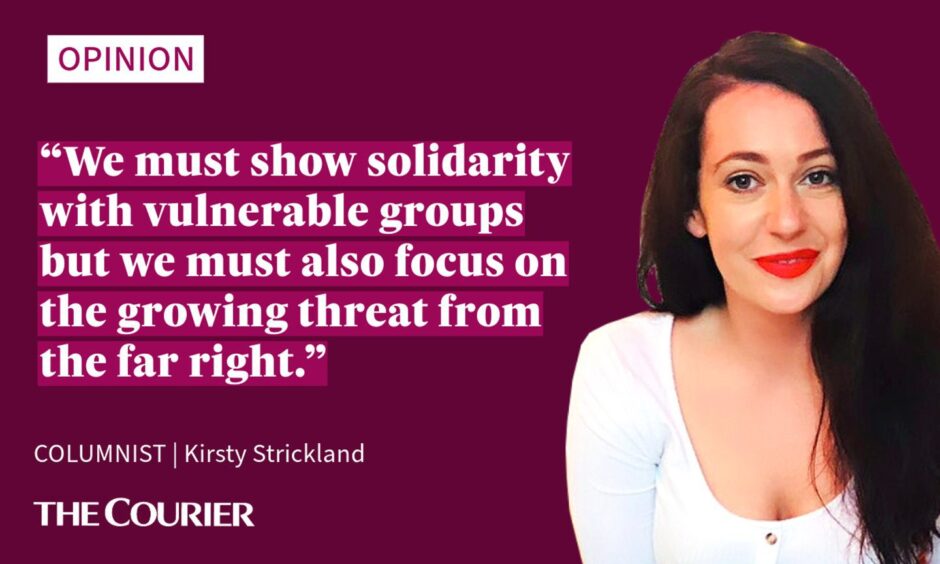
The widespread disorder saw violent thugs take over public spaces to intimidate others and spread hatred.
They destroyed public property, assaulted police officers and looted local businesses.
Anybody watching the horrifying coverage unfold on the news will have experienced that sense of helplessness that comes with being a far-off bystander to disruptive events.
You could tell by the confidence of the people gathered, by their drunken swagger and unabashed pursuit of criminality, that they must have felt invincible in that moment.
Nestled among like-minded folk and protected – albeit, temporarily – by the anonymity of a crowd made them feel powerful. During all those hours where they outnumbered the police, they fooled themselves into thinking that they were the majority.
Anti-racism protests give hope but we can’t be complacent
Last week, we saw hefty sentences handed down for some of those who participated in the riots.
Some men reportedly wept as they were sentenced. Others seemed confused that their actions had such grave consequences. Many were angry that they were made an example of by the courts.
Altogether different sorts of crowds have assembled across England in the wake of the riots.
These are people who took to the streets not to target immigrants, refugees and asylum seekers, but to stand in solidarity with them. For many, it was important to show that the violent hordes which briefly took over their towns and cities are not representative of them.
Scotland has thankfully so far avoided similarly ugly scenes here. We would like to see ourselves more in the crowds at the anti-racism protests, the charitable walkers in the Dundee Kiltwalk, or the happy families enjoying a day out at the Perth Highland games.
But we shouldn’t be complacent or worse, self-congratulatory that far-right riots haven’t yet marred our own towns and cities.
Scotland isn’t immune from racism and prejudice. It isn’t free of the toxic influence of the politicians and talking heads who make a living out of pitting communities against one another.
While the disorder may have eased in England, the anger, the othering and the hatred that sparked the fire hasn’t yet been extinguished.
There is a role for us all to play in the days and weeks ahead. We must of course show solidarity with the vulnerable groups who have been so relentlessly and cruelly targeted, but we must also remain focused on the growing threat from the far right and hold our politicians to account in how they deal with them.
The rioters aren’t representative of Scotland or, indeed, England, but that doesn’t mean we should ignore what their despicable actions say about our politics, certain sections of our media, and our society as a whole.
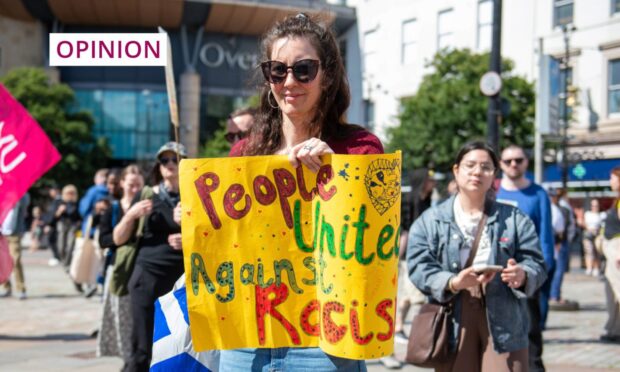
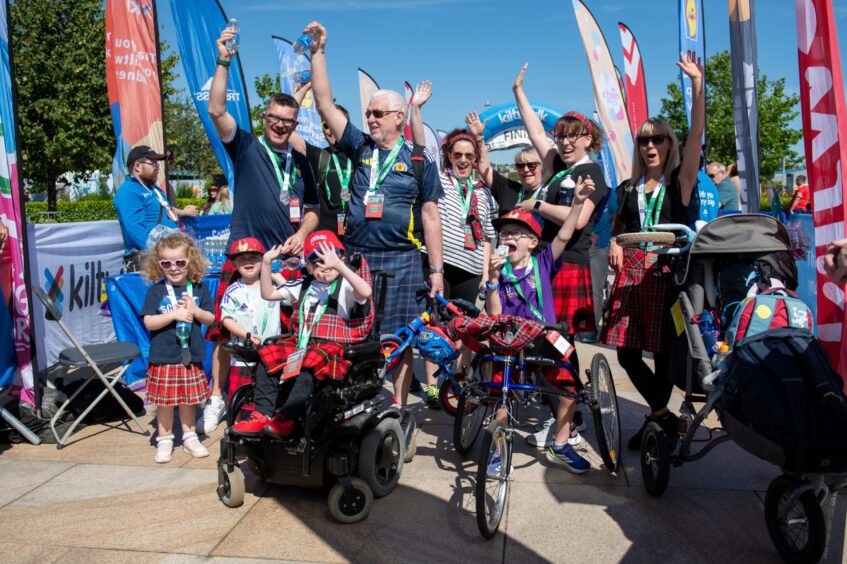
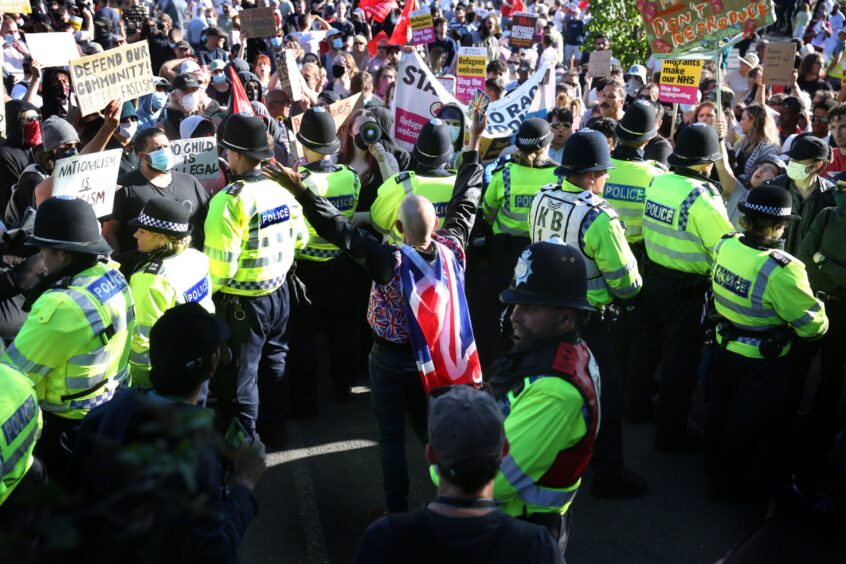
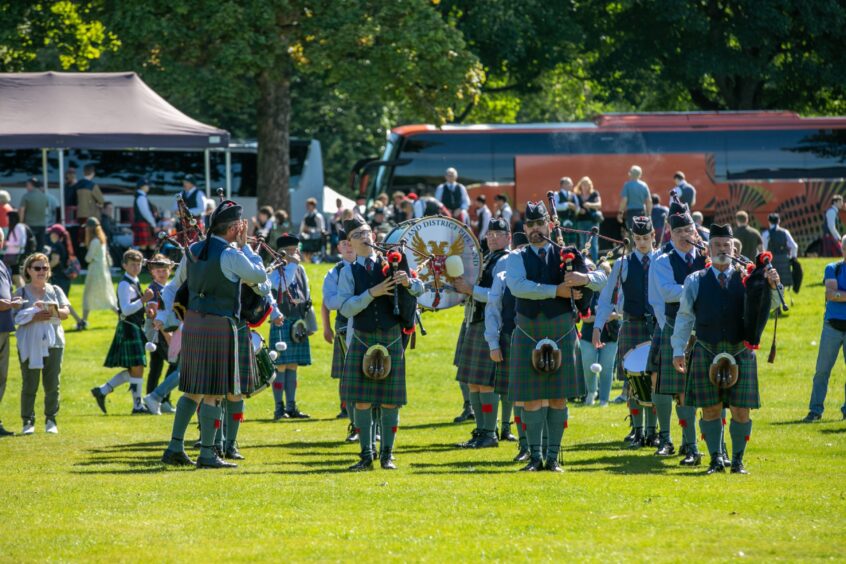
Conversation